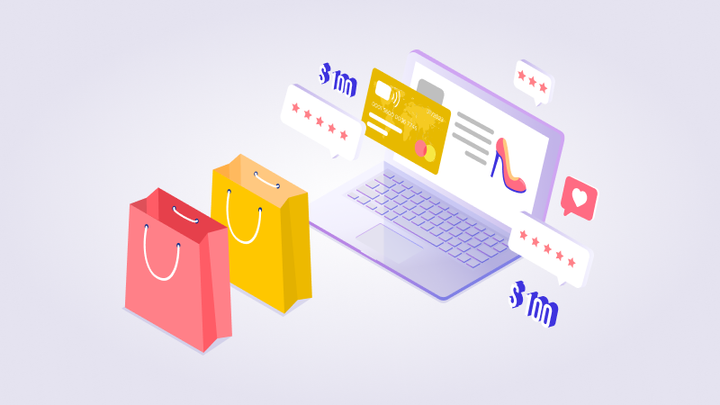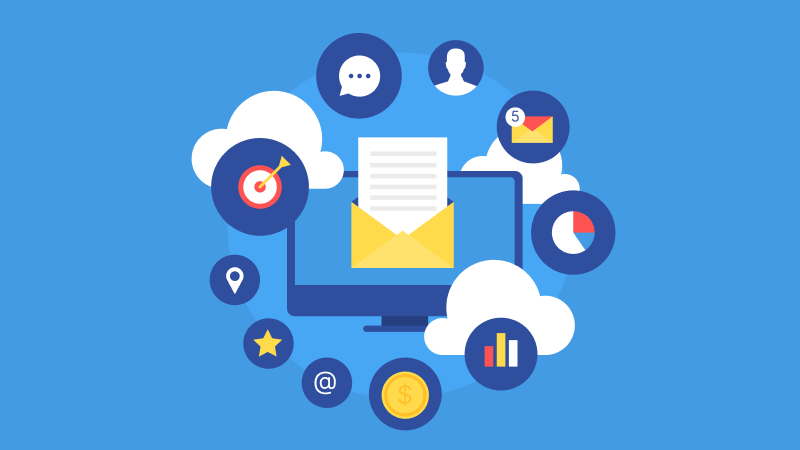Understanding Customer Segmentation and How to Use It
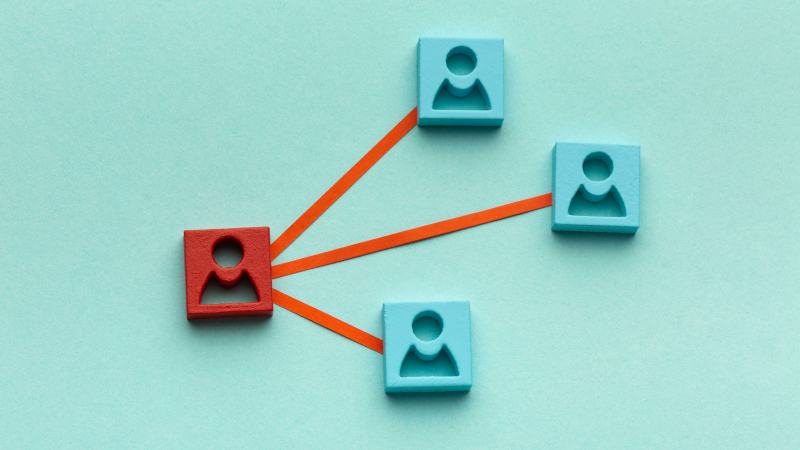
Knowing your customers inside and out is the secret sauce to staying ahead. Imagine being able to categorize your customers into specific groups and tailor your marketing strategies just for them. This is what customer segmentation is all about. By breaking down your customer base, you can connect with them on a deeper level and boost your business like never before. Ready to unlock the potential of your customer relationships? Let's dive into the four essential customer segments: Champion Customers, Active Customers, At-risk Customers, and Lost Customers.
How to Segment Customers in MagicBean
Segmenting customers in MagicBean is super easy!
Just follow these simple steps:
Step 1: Access MagicBean
First, log in to your MagicBean account. If you don't have an account yet, signing up is quick and straightforward. Once you're logged in, navigate to the dashboard.
Step 2: Select Pre-built Reports
MagicBean offers a variety of reports for different categories. To segment your customers, select the "Customer Segments" category. Here, you'll find a range of reports based on your customer data, designed to help you categorize customers based on their behavior and interactions with your brand.
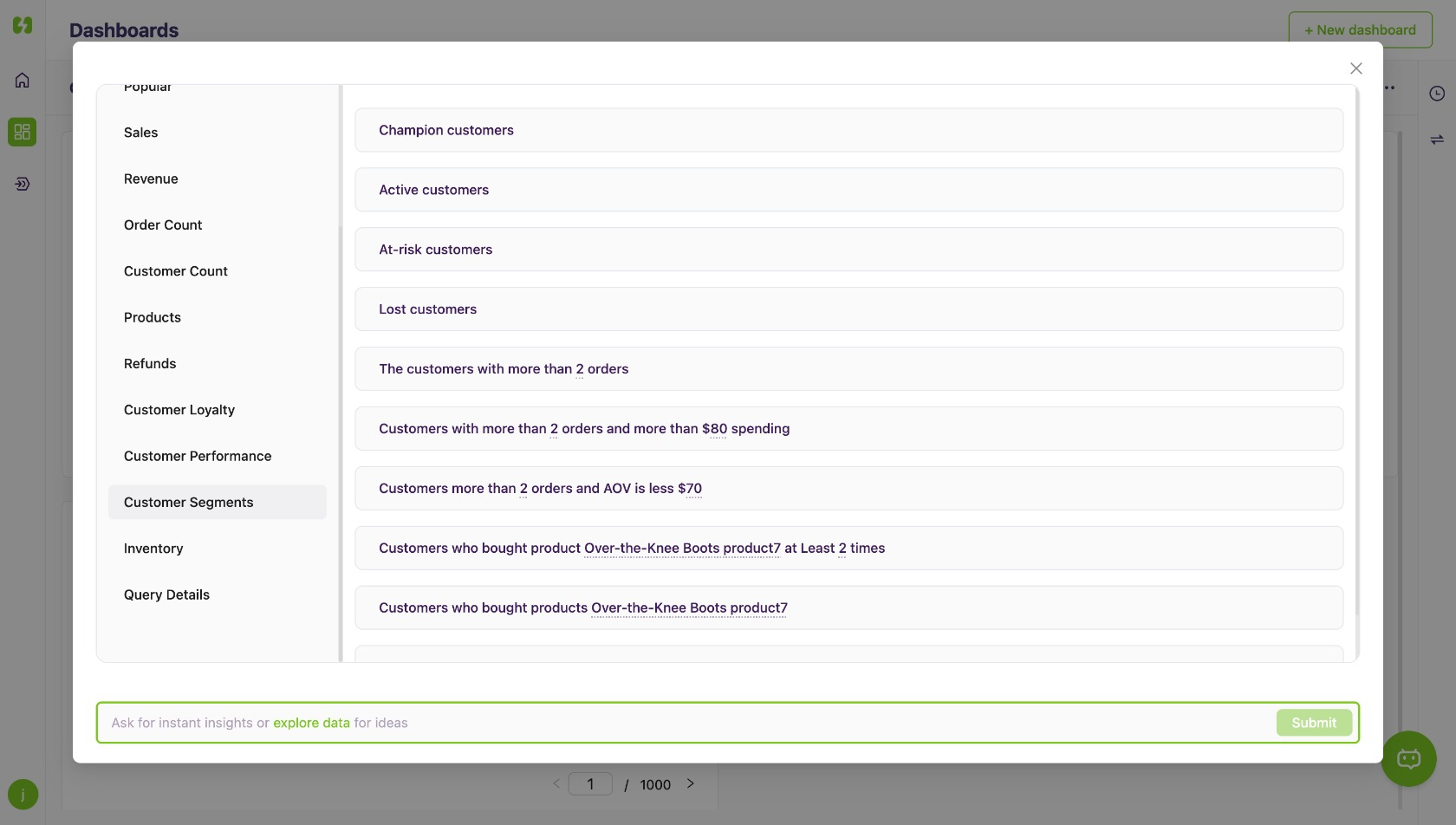
Step 3: Generate Segments
Now, it’s time to customize your customer segmentation dashboard. Choose the reports like "Champion Customers," "Active Customers," "At-risk Customers," and more. MagicBean will analyze your data and deliver results in seconds. This segmentation provides you with actionable insights tailored to each group.
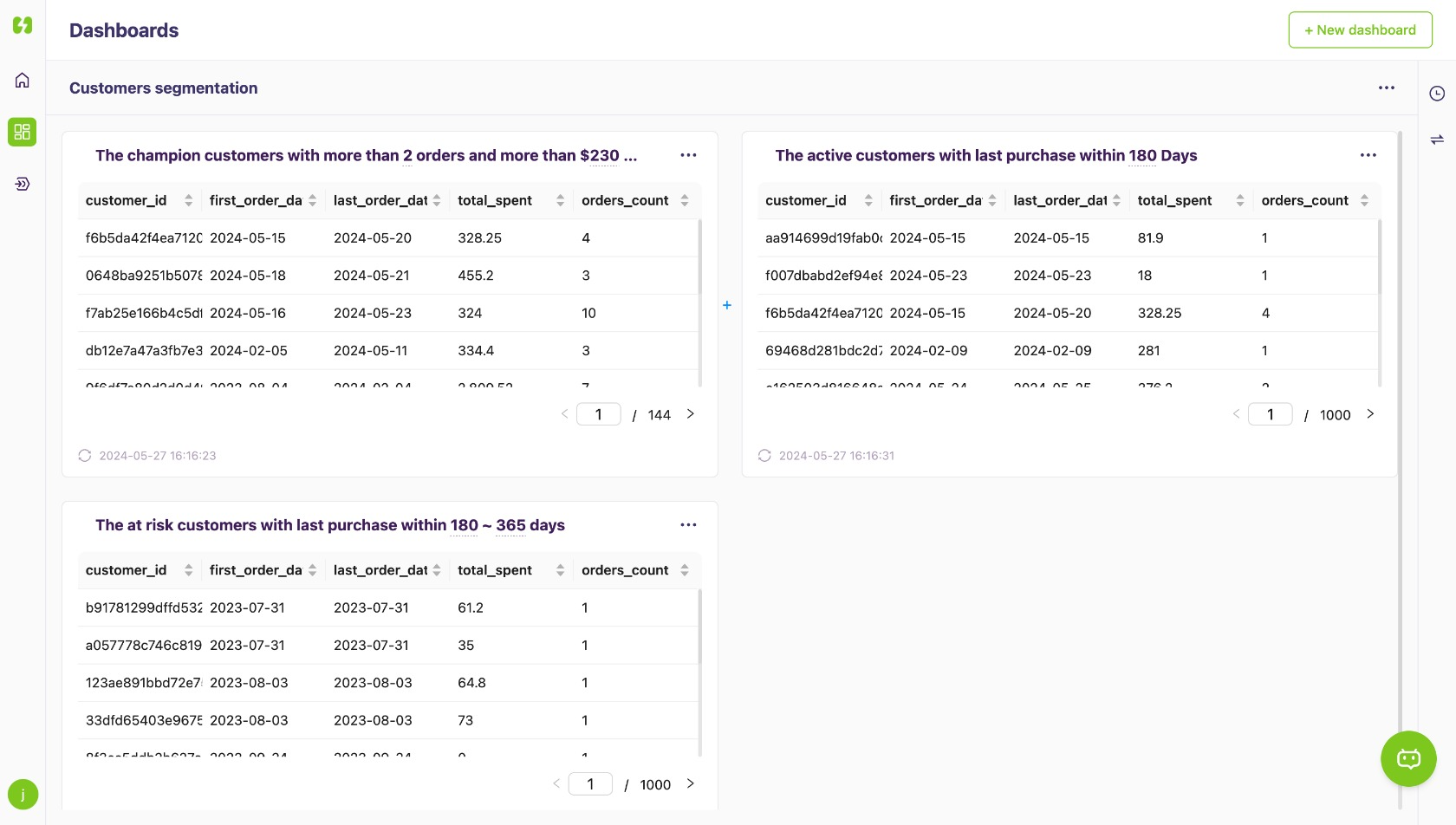
Step 4: Implement Strategies
Once your customer segments are ready, you can develop and implement targeted marketing strategies for each group. MagicBean allows you to sync data to platforms like Klaviyo, making it easy to market to your customers and ensure effective engagement with each segment.
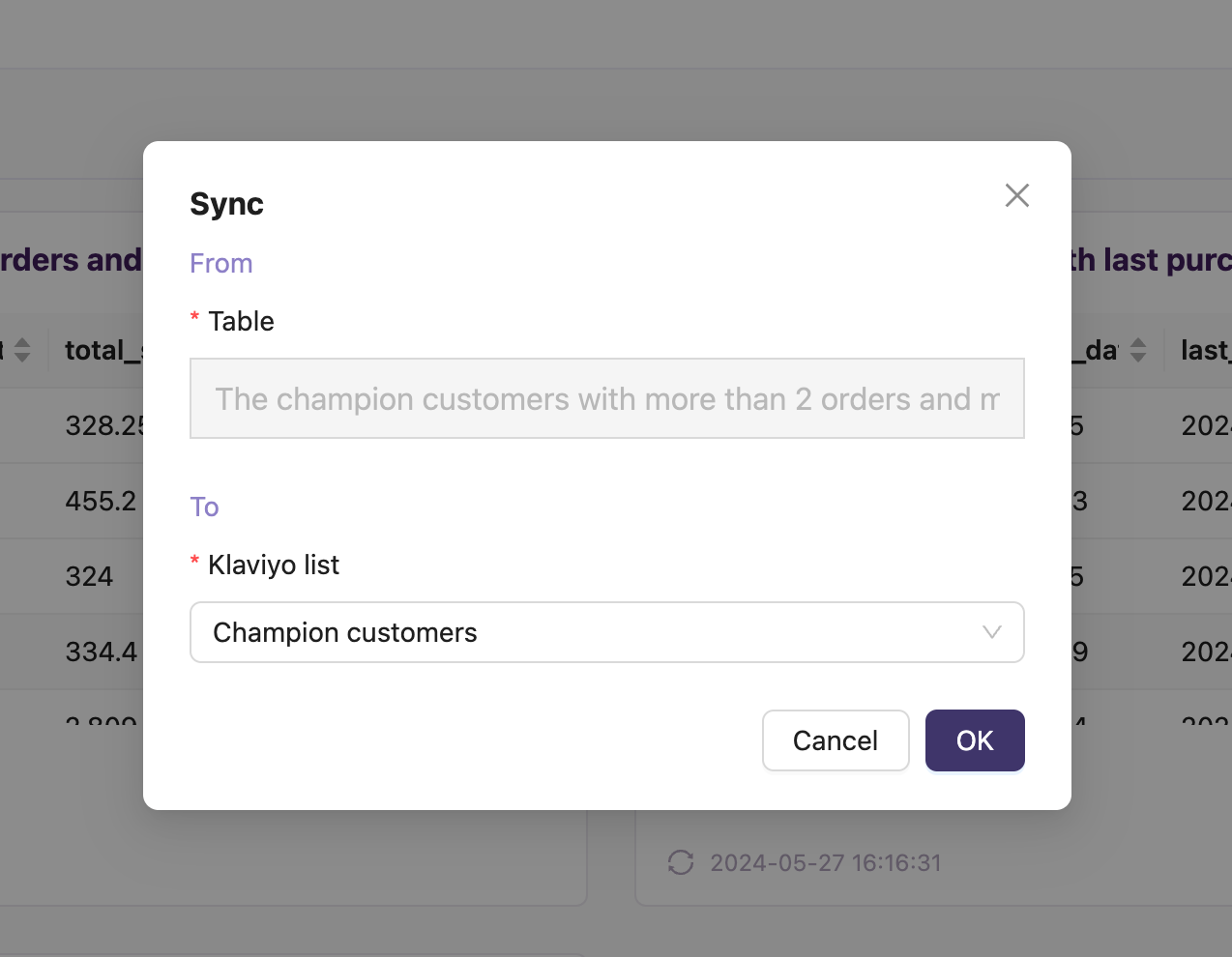
MagicBean isn’t just user-friendly; it’s designed to empower you with the insights needed to understand and engage your customers better. Its intuitive interface and robust analytical capabilities mean you can focus on building strong customer relationships and growing your business.
Types of Customers
1. Champion Customers
These are your all-stars. Champion Customers are super loyal, buy often, and spend big. They love your brand and aren't shy about sharing it with everyone.
Characteristics:
- Shop frequently
- Long-term loyalty
- Always giving positive feedback
- Likely to recommend you to friends and family
How to Keep Them Happy:
- Give them exclusive discounts and loyalty rewards
- Offer personalized services
- Invite them to special events and product launches
2. Active Customers
Active Customers are awesome too—they've bought something from you recently but not as often as your champions. They might be new to your brand or just occasional shoppers.
Characteristics:
- Recent purchases
- Moderate buying frequency
- Might need a nudge to buy more often
How to Engage Them:
- Send them limited-time offers and promotions
- Keep them updated with new product recommendations
- Ask for their feedback to improve your offerings
3. At-risk Customers
At-risk Customers used to be regulars but haven't bought anything in a while. They might be drifting away, so it's time to reel them back in.
Characteristics:
- Used to buy frequently but have recently stopped
- Might be unhappy with something
- Need some attention to re-engage
How to Win Them Back:
- Send reminder emails with special deals
- Ask for their feedback to understand any issues
- Offer personalized incentives to bring them back
4. Lost Customers
Lost Customers haven't shopped with you in a long time and might have moved on to a competitor. They're hard to win back, but not impossible.
Characteristics:
- Haven't bought in a long time
- Likely switched to another brand
- Tough to re-attract
How to Reconnect:
- Send win-back emails with special offers
- Find out why they left and make improvements
- Provide strong incentives to encourage them to return
Quick Comparison: Customer Segments at a Glance
| Customer Segment | Characteristics | Strategies |
|---|---|---|
| Champion Customers | Shop frequently, loyal, positive feedback, recommend to others | Exclusive discounts, personalized services, special event invitations |
| Active Customers | Recent purchases, moderate frequency | Limited-time offers, product updates, feedback requests |
| At-risk Customers | Used to buy frequently, recently stopped | Reminder emails, feedback surveys, personalized incentives |
| Lost Customers | Haven't bought in a long time, likely switched | Win-back emails, investigate why they left, strong incentives |
By understanding and using these customer segments, you can manage relationships better, keep your customers happy, and grow your business.
Why Customer Segmentation Matters
Customer segmentation can make a big difference for any business aiming to succeed. Here’s why it’s so crucial:
| Reason | Benefits |
|---|---|
| 1. Get to Know Your Customers | - Create personalized marketing messages that hit the mark - Develop products and services they actually want - Anticipate their needs and surprise them with solutions |
| 2. Smart Resource Allocation | - Spend your marketing budget where it counts - Design targeted campaigns that get results - Focus customer service efforts where they're needed most |
| 3. Boost Your Marketing Efforts | - Higher engagement rates because your content is relevant - Increased conversion rates with messages tailored to specific needs - Improved customer retention by addressing unique concerns |
| 4. Stay Ahead of the Competition | - Offer unique value propositions for different segments - Build a strong reputation for understanding your customers - Adapt quickly to market changes and new customer preferences |
| 5. Build Long-lasting Relationships | - Boost customer satisfaction and loyalty - Encourage repeat purchases and long-term engagement - Generate positive word-of-mouth and referrals |
| 6. Spot Growth Opportunities | - Develop new products or services for emerging needs - Expand into new markets with targeted approaches - Innovate based on the demands of different customer groups |
Customer segmentation gives you a strategic edge, transforming your business operations and outcomes. By understanding your customers better, allocating resources smartly, and enhancing your marketing efforts, you’ll build lasting relationships and set your business up for long-term success.

